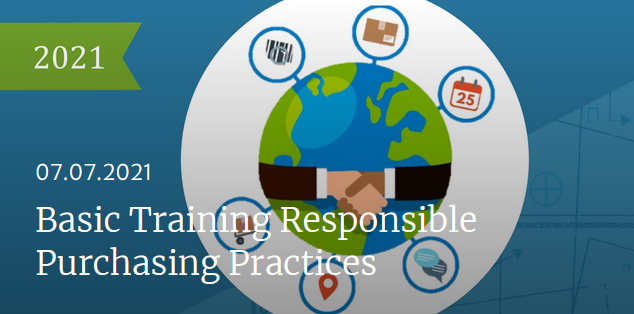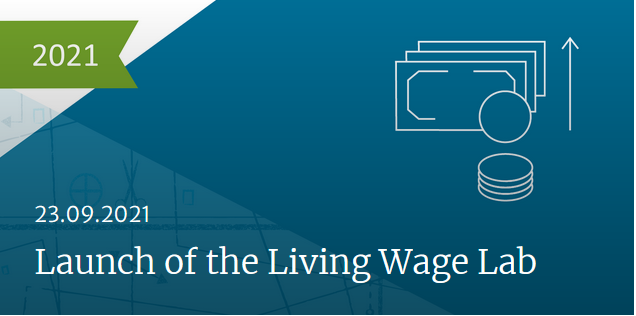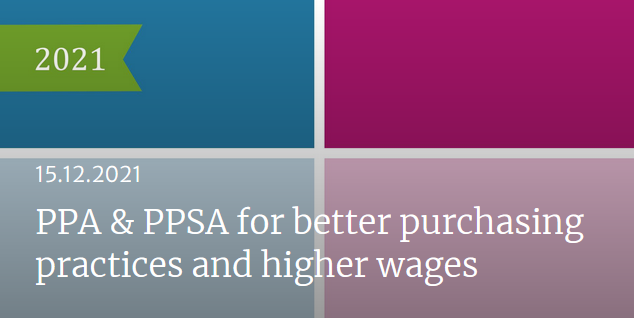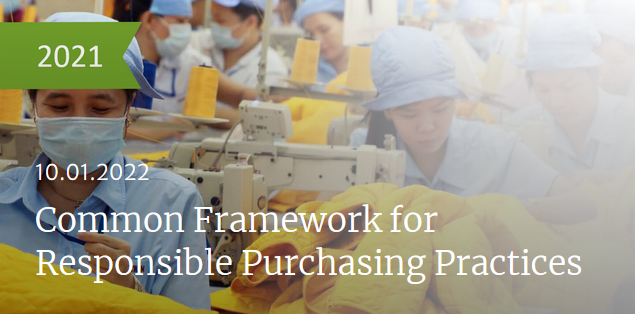Chapter 7
Responsible Purchasing Practices
2021 Annual Topic
An effective and collaborative cooperation between purchasing companies and suppliers is crucial to protect the rights of workers in the supply chain. The COVID-19 crisis has once again shown this particularly clearly. With the 2021 annual topic, we wanted to contribute to the industry-wide improvement of purchasing practices and to create space for progress towards good working conditions and living wages.
Purchasing practices describe all the principles and processes that brands and retailers use to interact and do business with the manufacturers who deliver their products. Responsible purchasing practices enable suppliers to effectively plan their production and working hours and pay workers fairly. At the same time, they allow suppliers to invest in the overall improvement of working conditions. In this way, they strengthen resilience in the supply chain.
Diverse activites
In order to support its members on the subject of purchasing practices, the Textiles Partnership has created various offers in 2021. Here are a few examples:
Since January 2021, basic training in video format in German and English has been available, in which companies will learn, among other things, how their actions can affect workers in the supply chain, what impact price pressure has on the wages of workers in the supply chain and how they can contribute to better working conditions in the supply chain through responsible purchasing practices.
Furthermore, with the Living Wage Lab, the Partnership Initiative Living Wages has entered a new phase. The aim of the Living Wage Lab is to support Partnership members in the development and implementation of individual strategies for living wages and to develop scalable solutions together with suppliers. 17 Partnership members participate in the Living Wage Lab. They also commit to analysing and working on their purchasing practices.


News
Living Wage Lab
The Living Wage Labs is intended to support Partnership members in the development and implementation of individual strategies for living wages.


News
PPA and PPSA
48 companies analysed their purchasing practices and gathered feedback from their suppliers.


News
Common Framework for Responsible Purchasing Practices
The CFRPP is aimed at companies and multi-stakeholder initiatives and serves as a guide to improving purchasing practices.

